If you're considering bringing a feline friend into your life, it's essential to do some self-reflection before making the decision. Being a cat owner is a huge responsibility, and it's not for everyone. While cats are independent creatures, they still require proper care, attention, and love. But before you rush to the animal shelter or pet store, take a step back and consider your lifestyle, personality, and ability to be a responsible pet owner. It's crucial to understand what you're getting into before taking on the responsibility of a cat, so take the time to ask yourself some important questions and evaluate whether you have what it takes to be a good cat owner.
Make sure your living situation allows for a cat - ensure you have enough space, no allergies, and no rental restrictions.

When considering getting a cat, it's important to make sure your living situation is suitable for a feline friend. Think about the amount of space you have in your home - cats like to have areas to roam and play. If you live in a studio apartment or a small space, it might not be ideal for a cat to live there. Additionally, it's important to consider any allergies that you or someone in your household may have in regards to cats.
If you are renting your living space, it's crucial to check with your landlord about any restrictions on having pets. Many apartments and rental homes have limitations on the number, size, and breed of animals allowed on the property. It's important to clarify these details before bringing a cat into your home to avoid any complications or potential legal issues down the road. By being mindful of your living situation, you can ensure a comfortable and safe environment for you and your potential new furry companion.
Financially prepare for the expenses of owning a cat - including food, litter, veterinary bills, and unexpected emergencies.
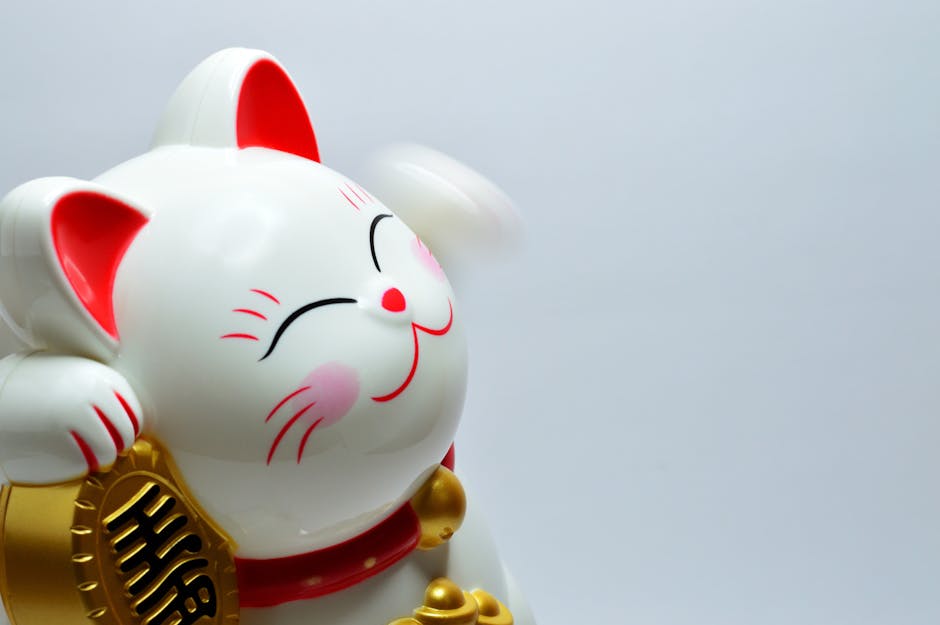
Owning a cat comes with a lot of responsibilities, and financial planning should be at the top of your list. Before bringing home your new feline friend, take some time to consider all the expenses associated with cat ownership. These expenses include but are not limited to food, litter, veterinary bills, and unexpected emergencies.
Food will be the most significant recurring expense, and it's essential to purchase high-quality cat food to ensure that your cat receives all of the nutrients they need to stay healthy. Litter is another necessary expense, and the amount you spend will depend on how many cats you have and how often you clean the litter box.
Another essential expense to consider is veterinary bills. Depending on the cat's age and medical history, the cost of their routine check-ups and vaccinations may vary. In addition to these routine costs, your cat may develop unexpected medical issues that require immediate attention.
It's always a good idea to prepare for the unexpected expenses by setting aside some money in an emergency fund. This fund can help you cover unexpected veterinary bills, such as surgeries or medications.
In conclusion, before committing to cat ownership, make sure you're financially prepared for all the associated expenses. This way, you can provide your beloved pets with the best care and attention they deserve.
Commit to providing proper care for your cat - including regular grooming, playtime, and affection.
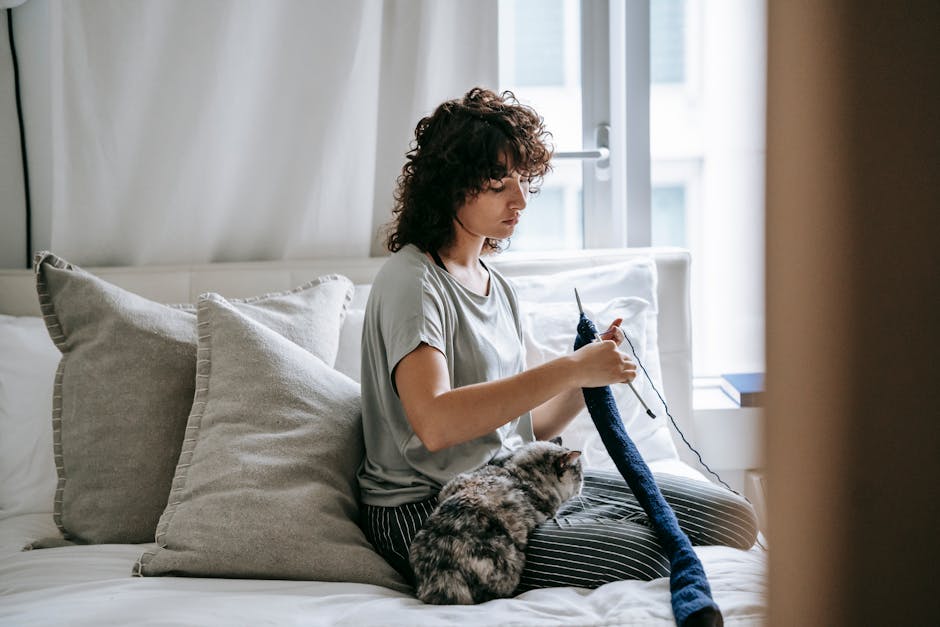
Cats are low-maintenance pets to some extent, but it does not mean that they do not need attention and care. Providing proper care is crucial to your cat's well-being and happiness. As a responsible cat owner, you must commit to giving your furry friend regular grooming, playtime, and affection.
Grooming your cat regularly helps maintain their coat's shine, reduces shedding, and keeps them clean. Brushing their fur also helps distribute the natural oils on their skin, keeping it healthy. Trim your cat's nails every few weeks to keep them sharp and to prevent them from scratching furniture or getting caught on things. Lastly, clean their ears regularly to prevent infections.
Cats are playful creatures and require exercise to stay healthy. Interactive toys like feather wands, balls, and laser pointers are great for stimulating your cat's hunting instincts. Regular playtime not only keeps them physically active but also helps reduce stress and anxiety.
Cats are also very affectionate pets. Spend time with them, pet them, and give them some belly rubs. Affection is vital to your cat's mental and emotional health. It helps them build trust and strengthens the bond between you and your furry friend.
In conclusion, being a good cat owner requires commitment to proper care. Remember to groom your cat regularly, give them enough exercise, and shower them with affection. These simple acts of care show your love and concern for your cat's well-being, and they will repay you with years of love and companionship.
Ensure your cat receives regular veterinary check-ups and vaccinations.
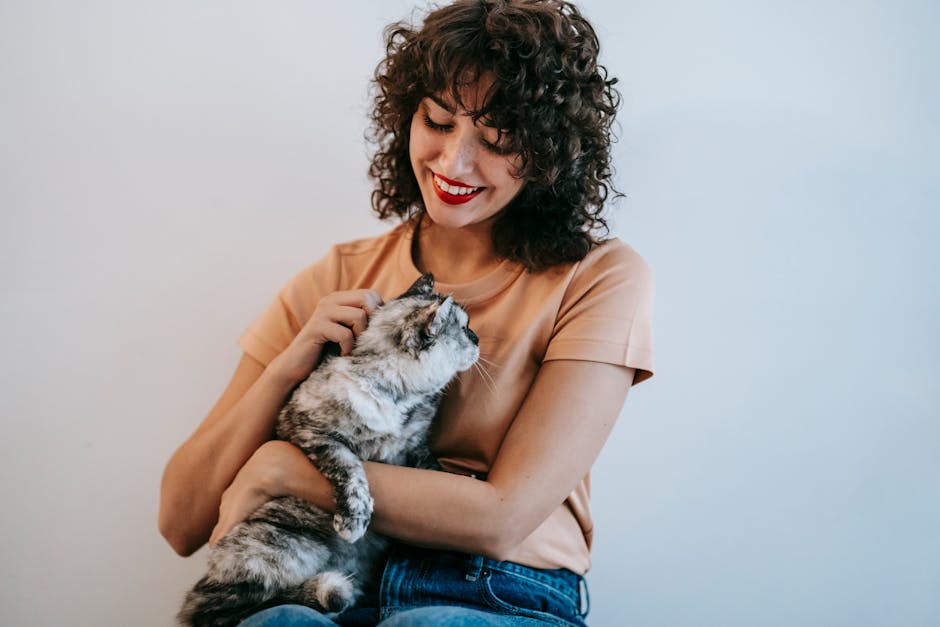
As a responsible cat owner, it is essential to ensure that your furry friend receives regular veterinary check-ups and vaccinations. Just as humans need regular medical check-ups to maintain optimal health, cats also require routine veterinary care to keep them healthy and happy.
Your veterinarian can advise you on how often your cat needs vaccinations, as this will depend on various factors, such as age, lifestyle, and risk factors. Some common vaccinations for cats include feline herpesvirus, calicivirus, and panleukopenia. These vaccines protect your cat from potentially severe and life-threatening illnesses.
In addition to vaccinations, routine check-ups also allow your veterinarian to identify any potential health issues early on, before they become more serious. During these visits, your veterinarian will conduct a physical exam, check for parasites, and discuss any concerns you may have about your cat's health.
Regular veterinary care not only helps maintain your cat's health, but it also provides you with peace of mind as a responsible pet owner. Don't wait until your cat is showing signs of illness to seek veterinary care. Schedule regular check-ups and vaccinations to ensure your cat stays healthy and happy for years to come.
Create a safe environment for your cat by identifying potential hazards and removing them.
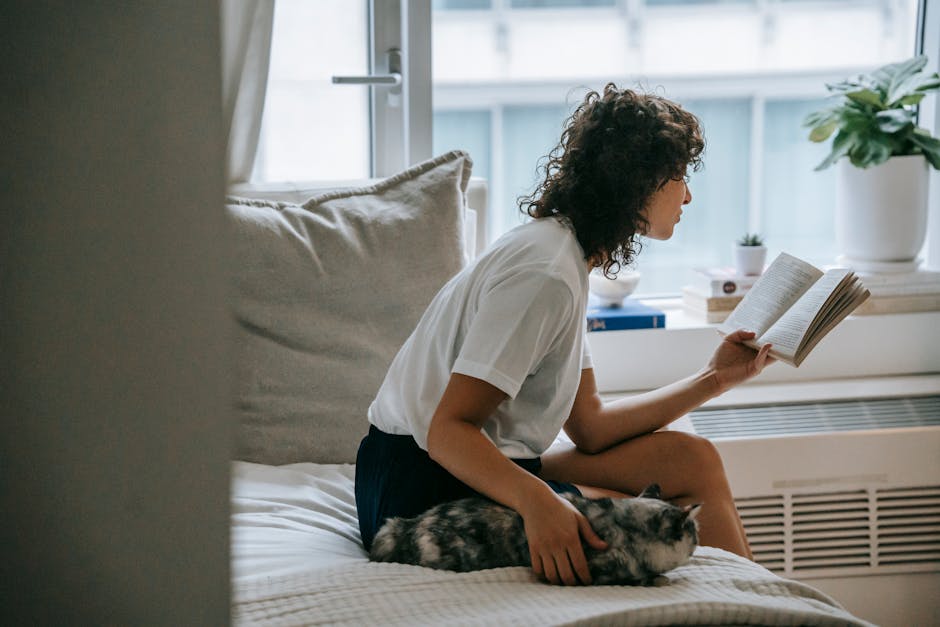
As a responsible cat owner, it's your duty to create a safe environment for your furry friend. Cats are curious animals and love to explore new things, but they can accidentally harm themselves in the process. That's why it's essential to identify potential hazards in your home and remove them.
Start by looking around your house from a cat’s perspective. Keep in mind that cats can jump, climb, and squeeze into tight spaces. So, it's essential to make a thorough assessment of your home. Look for dangling cords, poisonous plants, and cleaning supplies that your feline friend can reach. Secure all open windows or balconies to prevent your cat from falling.
It’s also a great idea to invest in cat-friendly furniture and toys. Scratching posts, cat trees, and interactive toys can keep your cat busy and away from hazardous items. Additionally, make sure your cat has access to fresh and clean water at all times. Avoid feeding your cat human food as it may contain ingredients that can be toxic to cats.
By taking these precautionary measures, you can rest assured that your cat will be safe and healthy at all times. Remember, a little effort can go a long way in ensuring that you and your furry friend have a happy life together.
Consider obtaining a second cat to keep your pet company, as cats are social animals.
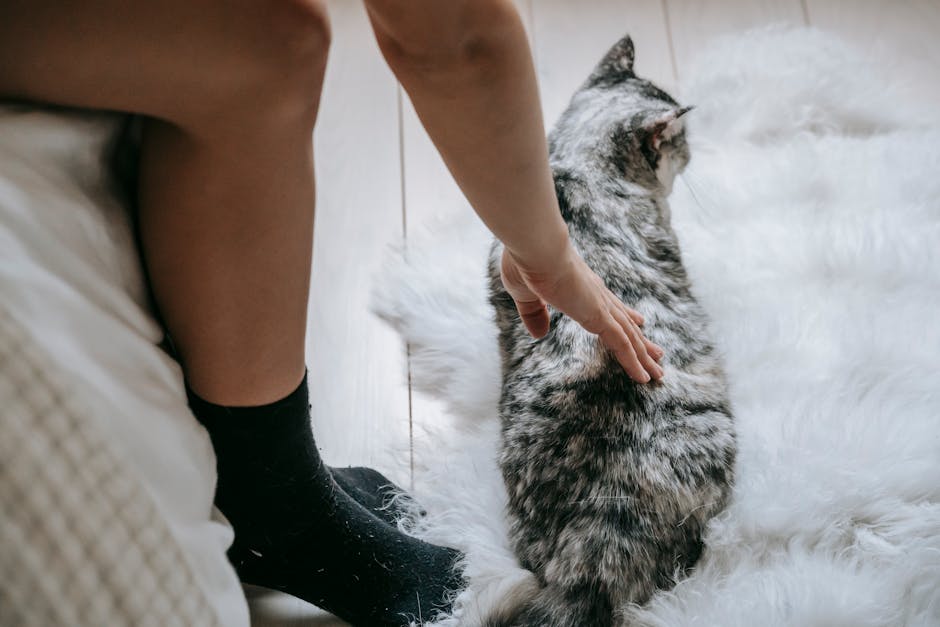
Cats are known for their independence and many pet owners believe that their cats prefer to be left alone. However, what most pet owners don’t realize is that cats are social animals and often enjoy the company of other cats. By acquiring a second cat to keep your furry friend company, you may be providing your pet with the opportunity to lead a happier and more well-rounded life.
When selecting a second cat, it is important to take into consideration your first cat’s personality and preferences. By selecting a cat that is compatible with your current cat, you can increase the likelihood that they will get along well and form a strong bond. Introducing two cats can take time, so it is important to be patient and allow the cats to get to know each other at their own pace.
One of the benefits of having more than one cat is that they can keep each other entertained and provide each other with companionship when you, the owner, are not around. A second cat can also help your first cat to become more active, as they will be encouraged to run and play together. Keep in mind that cats, like humans, can have different personalities and therefore you should ensure that both cats are receiving equal amounts of love, attention, and care to ensure a happy and healthy household.
Overall, by considering obtaining a second cat to keep your pet company, you can provide your furry friend with the opportunity to lead a more fulfilling and happy life. With the right preparation, introducing a second cat can be a smooth and successful experience for both you and your pets.
Research and follow proper training techniques to ensure your cat is well-behaved.
When it comes to owning a cat, research and proper training techniques are essential to ensure that your feline friend is well-behaved. Research can help you find the right breed of cat that suits your lifestyle and living arrangements. For example, if you live in a small apartment, a more laid-back breed may be ideal.
In addition, proper training techniques should be followed to teach cats appropriate behavior, such as using a scratching post instead of furniture or using the litter box instead of other areas of the home. Positive reinforcement techniques, such as treats or praise, can be used to encourage good behavior.
It's also important to note that cats are unique creatures with their own personalities and behavior patterns. Understanding these traits and catering to them can also help in proper training and a harmonious relationship between you and your cat. With the right research and training, you can be a great cat owner and provide your feline friend with a happy and healthy life.
Educate yourself on cat behavior, including their body language and communication signals.
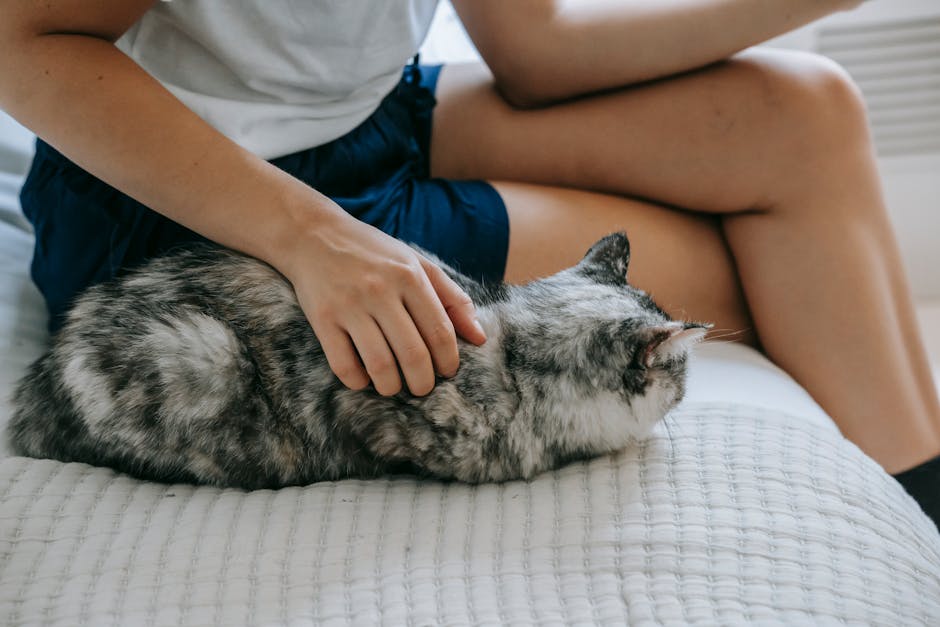
Cats are cute, cuddly, and full of personality. However, they are not always easy to understand. Educating yourself on cat behavior is crucial to being a good cat owner. You should learn about their body language and communication signals to know how they are feeling, what they need, and when they are happy or stressed. Understanding your cat's signals will help you avoid situations that upset them and create a safer and more enjoyable living environment for both you and your feline friend. Some common signals to learn include tail movement, ear position, vocalization, and body posture.




